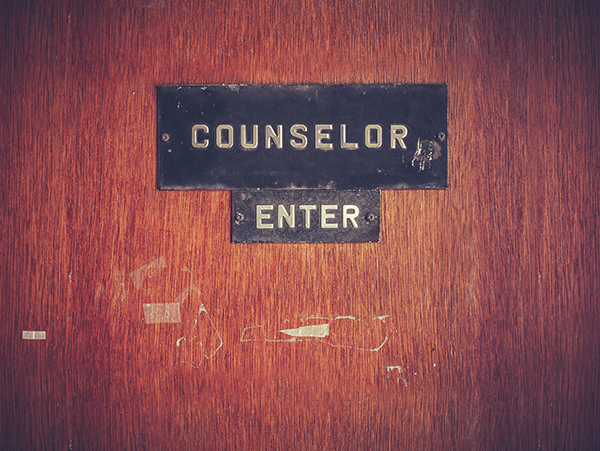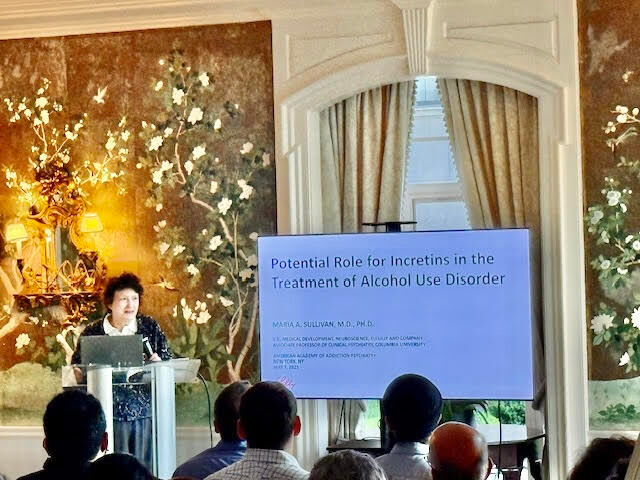-

Phone Restrictions
Finding Focus: Why Phone Restrictions in Schools Can Boost Mental Health and Prevent Substance Use Across the country, middle and high schools are increasingly implementing phone restrictions during the school day. While some—but not all—students push back, these policies are gaining traction for good reason: research continues to reveal the negative impact of excessive phone…
-

Parental Exposure
Why “Supervised” Substance Use Isn’t a Smart Parenting Strategy At the New York Center for Living, parents often ask us whether it is wise to expose adolescents to substances like alcohol in supervised settings. It’s usually framed with care, thoughtfulness, and the best intentions: If my child is going to drink anyway—now or in the…
-

Recognizing and Responding to Student Substance Use: A Guide for School Staff
Introduction Despite increasingly effective prevention and treatment efforts on the part of parents, schools, and treatment programs, teen substance use continues to pose a challenge. Educators and school staff—especially guidance counselors, school social workers, and school psychologists—are in a unique position to identify substance use and related disorders in students and provide support and direction…
-

5 Myths of Teen Substance Use
When it comes to substance use, myths and urban legends abound. Many are based on old assumptions or false perceptions while others seem reasonable and based in logic. In an effort to educate parents, teens, educators, and others, we’ve critically examined 5 common myths about teen substance use to set the record straight and help…
-

Insights on using GLP1 Agents for Substance Use Disorders
Maria A. Sullivan, MD, PhD shared an insightful presentation brimming with helpful studies and citations regarding the use of GLP1 agents for substance use disorders, especially alcohol use disorder. Learn more about AAAP Areas and how to get involved in your regional group
-

Community from the Inside Out: Integrating AA, NA, and Peer-Based Support into Outpatient Recovery
They say the opposite of addiction is connection—and at the New York Center for Living (NYCFL), we take that to heart. Alongside evidence-based clinical care—including individual, group, and family therapy, peer support, and psychiatry—we intentionally cultivate a vibrant recovery community. That community begins on East 52nd Street and extends throughout New York City and beyond.…
